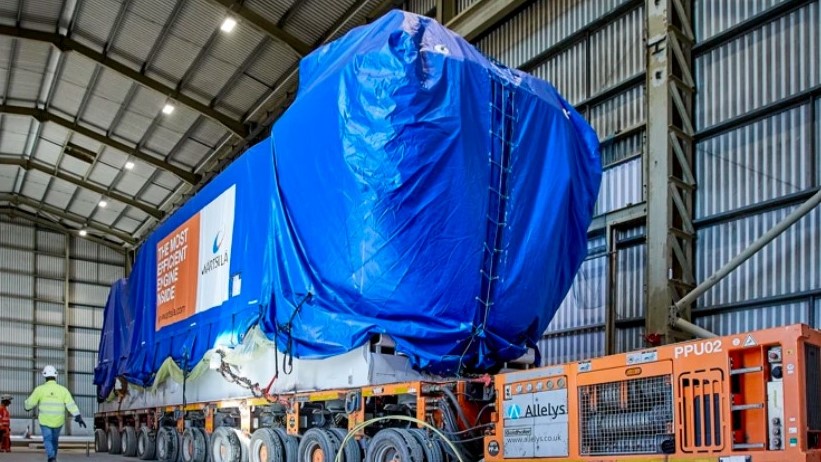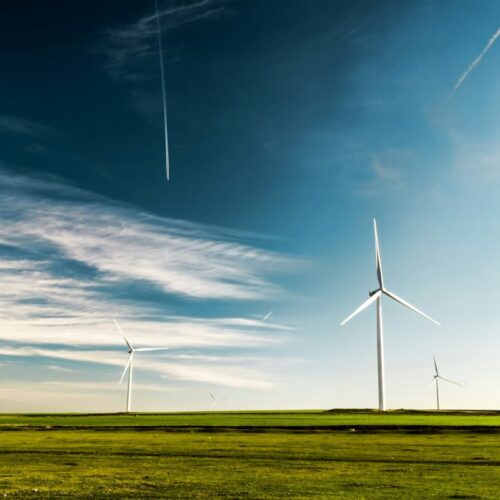Utility Centrica has announced that four ultra-efficient new engines have arrived at its former gas power station at Brigg, marking the first step in making the plant hydrogen-ready.
The four engines, which are designed and manufactured by Wärtsilä, will help create nearly 100MW of fast-response gas assets, designed to serve as a backup when renewable energy generation is low.
The newly expanded plant will form part of a trial due to start in late 2024 which will test blending hydrogen into the gas supply. The levels of hydrogen in the gas used at the plant will begin at 3% and ramp up to a 20% blend, with a long-term plan to eventually transition to 100% green hydrogen in the plant.
Chris O’Shea, group chief executive of Centrica, said: “Everything we do is aimed at ensuring our customers have the energy they need, when they need it, at the cheapest price possible. While the UK has made amazing progress towards a renewable energy future, gas plays an essential role in ensuring homes and businesses have access to a reliable electricity supply when the wind doesn’t blow and the sun doesn’t shine. So, we’re delighted to be expanding the Brigg energy park to help balance the increasing renewables on the grid.”
“We’re extremely pleased to support Centrica in their efforts to decarbonise power production. This installation will help enable the use of clean renewable energy by providing the needed grid balancing. Wärtsilä 31 engine platform is renowned for its high efficiency, and the engines are future-proof to run on a hydrogen blend,” added Kenneth Engblom, vice president Africa & Europe at Wärtsilä Energy.
Centrica and hydrogen
Centrica has been putting significant focus onto integrating green hydrogen into its plants and operations. While gas-fired “peaker plants” like Brigg are currently a necessity in order to secure energy supply during times of low renewable generation, integrating a hydrogen blend into these plants can help to reduce carbon emissions, and this is a major part of Centrica’s efforts to decarbonise.
In March this year, the company announced that it had completed construction on a 20MW hydrogen-blend peaker plant in Worcestershire, which, alongside the redevelopment of Brigg, forms part of an £800 million decarbonisation plan.
Last week, Centrica, Equinor, and SSE Thermal representatives presented plans to Parliament for a new low-carbon hydrogen hub in East Yorkshire. The Humber Hydrogen Hub proposal includes plans for a dedicated pipeline linking a newly constructed hydrogen production facility to a proposed hydrogen storage facility and a second proposed production facility.
Analysts are predicting that demand for low-carbon hydrogen will continue to rise, especially in more industrial areas of the country. Research by the North West Hydrogen Alliance (NWHA) found that demand for hydrogen in the North West will likely surge, with demand expected to reach 7.5GW of hydrogen-powered generation by 2050.






